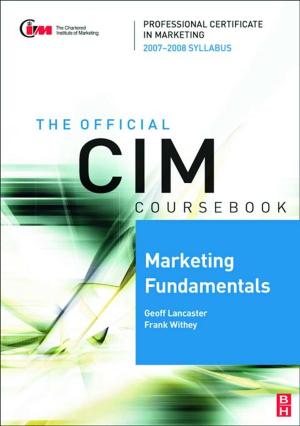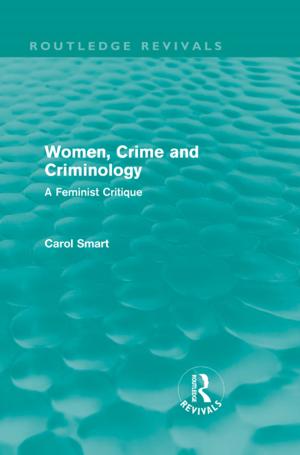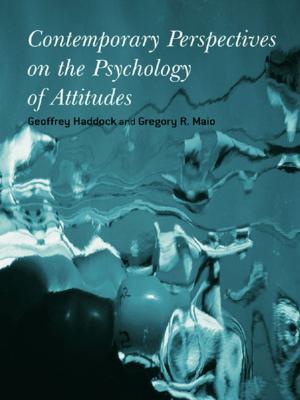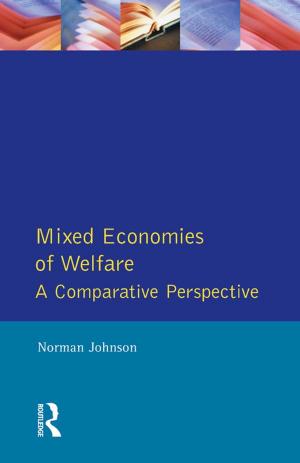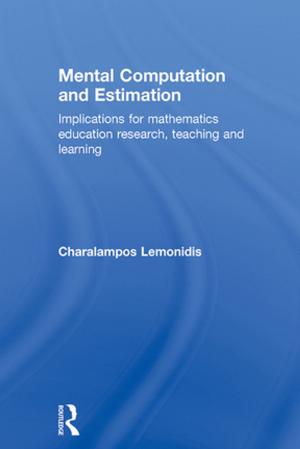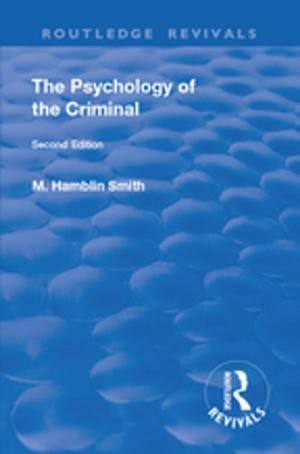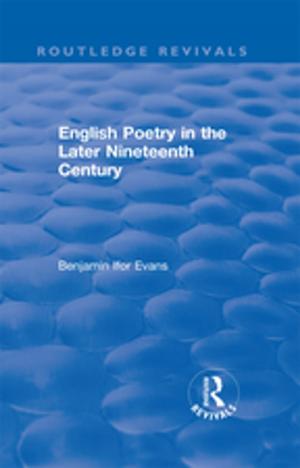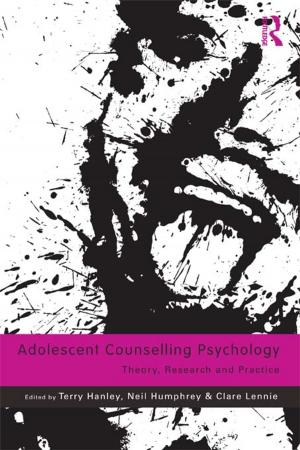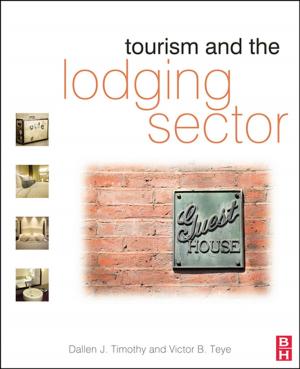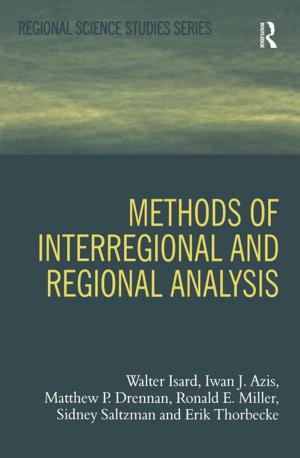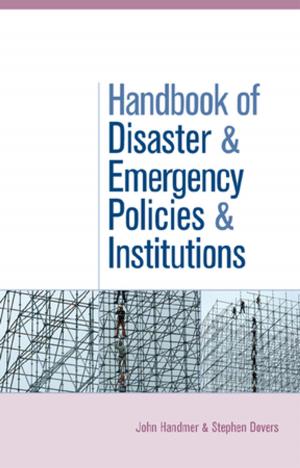Seeds of Freedom
Liberating Education in Guatemala
Nonfiction, Reference & Language, Education & Teaching| Author: | Clark Taylor | ISBN: | 9781317252320 |
| Publisher: | Taylor and Francis | Publication: | November 17, 2015 |
| Imprint: | Routledge | Language: | English |
| Author: | Clark Taylor |
| ISBN: | 9781317252320 |
| Publisher: | Taylor and Francis |
| Publication: | November 17, 2015 |
| Imprint: | Routledge |
| Language: | English |
Seeds of Freedom is a remarkable case study of liberating education in the remote Guatemalan Maya indigenous village of Santa Maria Tzeja in the four decades since it was first settled in 1970. Clark Taylor's account begins at a time in which the majority of the village consisted of illiterate landless and land-poor peasant farmers working in conditions close to slavery. With the help of a Catholic priest, the village's founding pioneers were granted land, settled the village, established a school for their children, and began to prosper. By 2010 the village's emerging professionals were filling increasingly important social change roles at the local, regional, and national levels and nearly all children are educated with many to a university level. As such Santa Maria has come to exemplify the theory and practice of liberating education. The book tells the history of this remarkable community and reveals the transformative potential of the radical pedagogy of Paulo Freire and others. Santa Maria has thus become an example of dynamic liberating education, and its history has much to offer educators, students and solidarity activists throughout the world.
Seeds of Freedom is a remarkable case study of liberating education in the remote Guatemalan Maya indigenous village of Santa Maria Tzeja in the four decades since it was first settled in 1970. Clark Taylor's account begins at a time in which the majority of the village consisted of illiterate landless and land-poor peasant farmers working in conditions close to slavery. With the help of a Catholic priest, the village's founding pioneers were granted land, settled the village, established a school for their children, and began to prosper. By 2010 the village's emerging professionals were filling increasingly important social change roles at the local, regional, and national levels and nearly all children are educated with many to a university level. As such Santa Maria has come to exemplify the theory and practice of liberating education. The book tells the history of this remarkable community and reveals the transformative potential of the radical pedagogy of Paulo Freire and others. Santa Maria has thus become an example of dynamic liberating education, and its history has much to offer educators, students and solidarity activists throughout the world.

